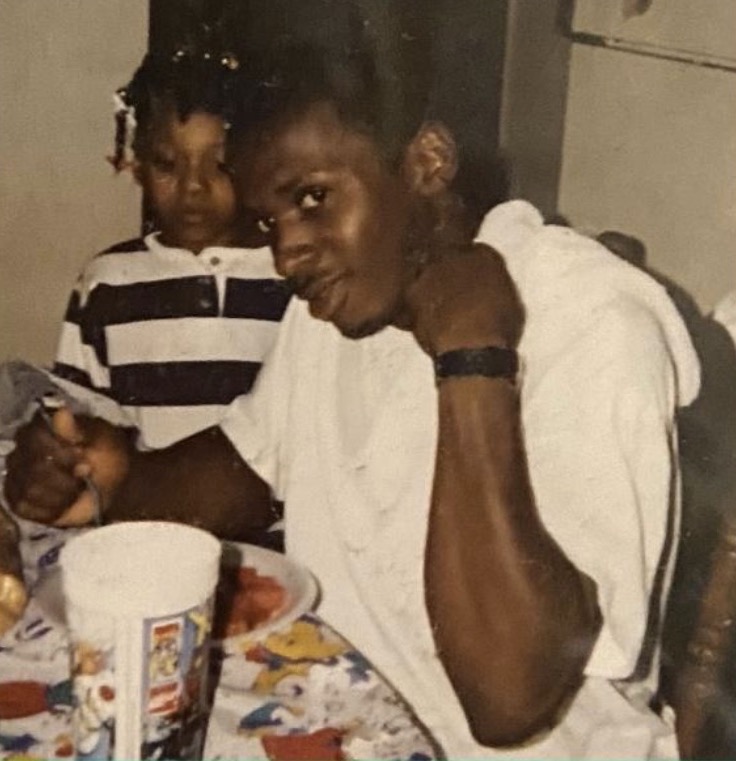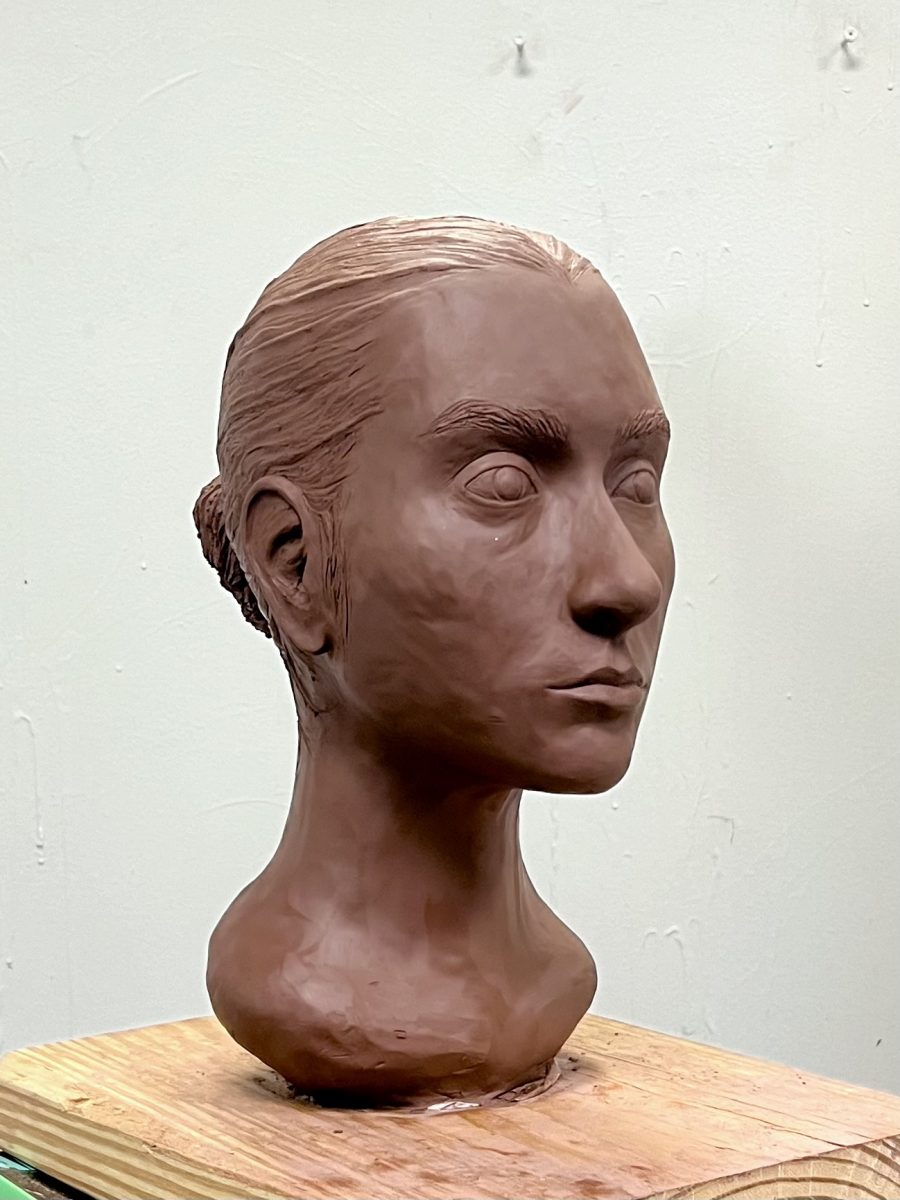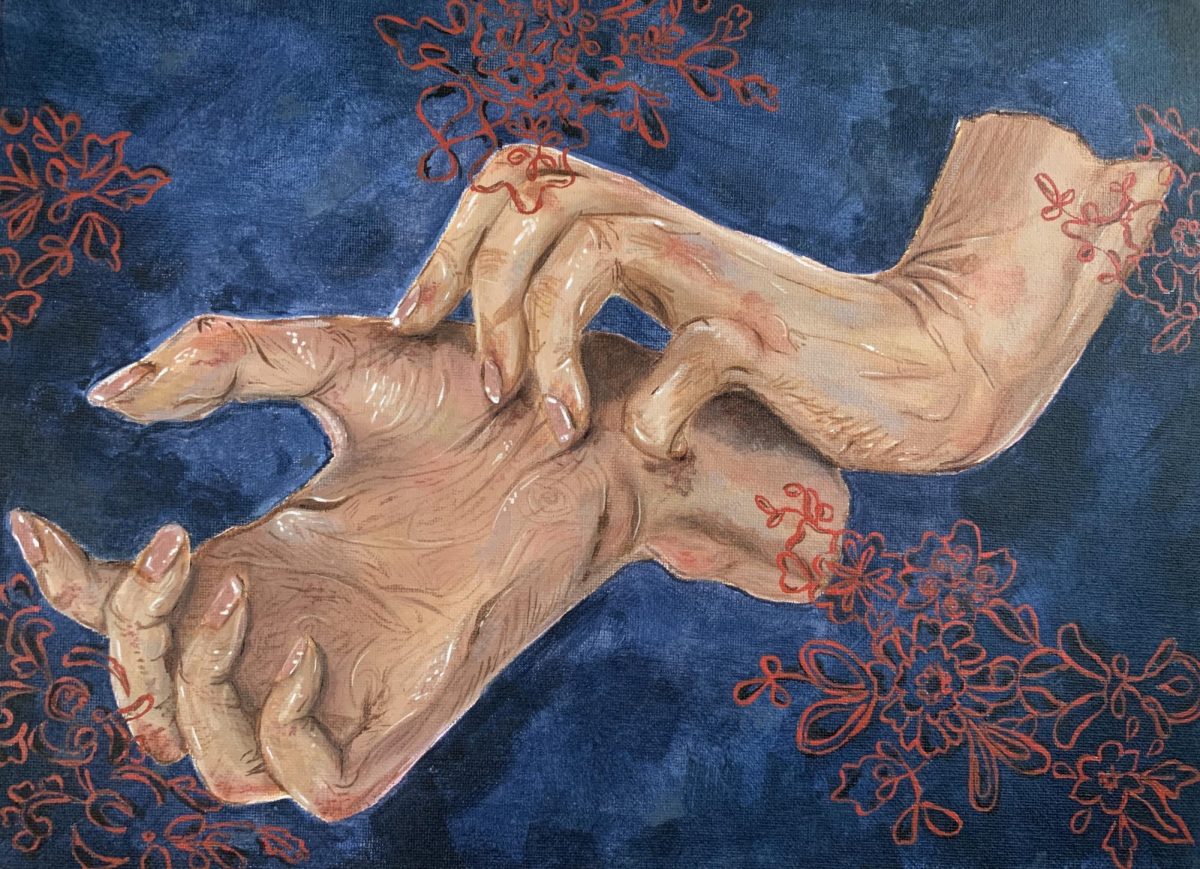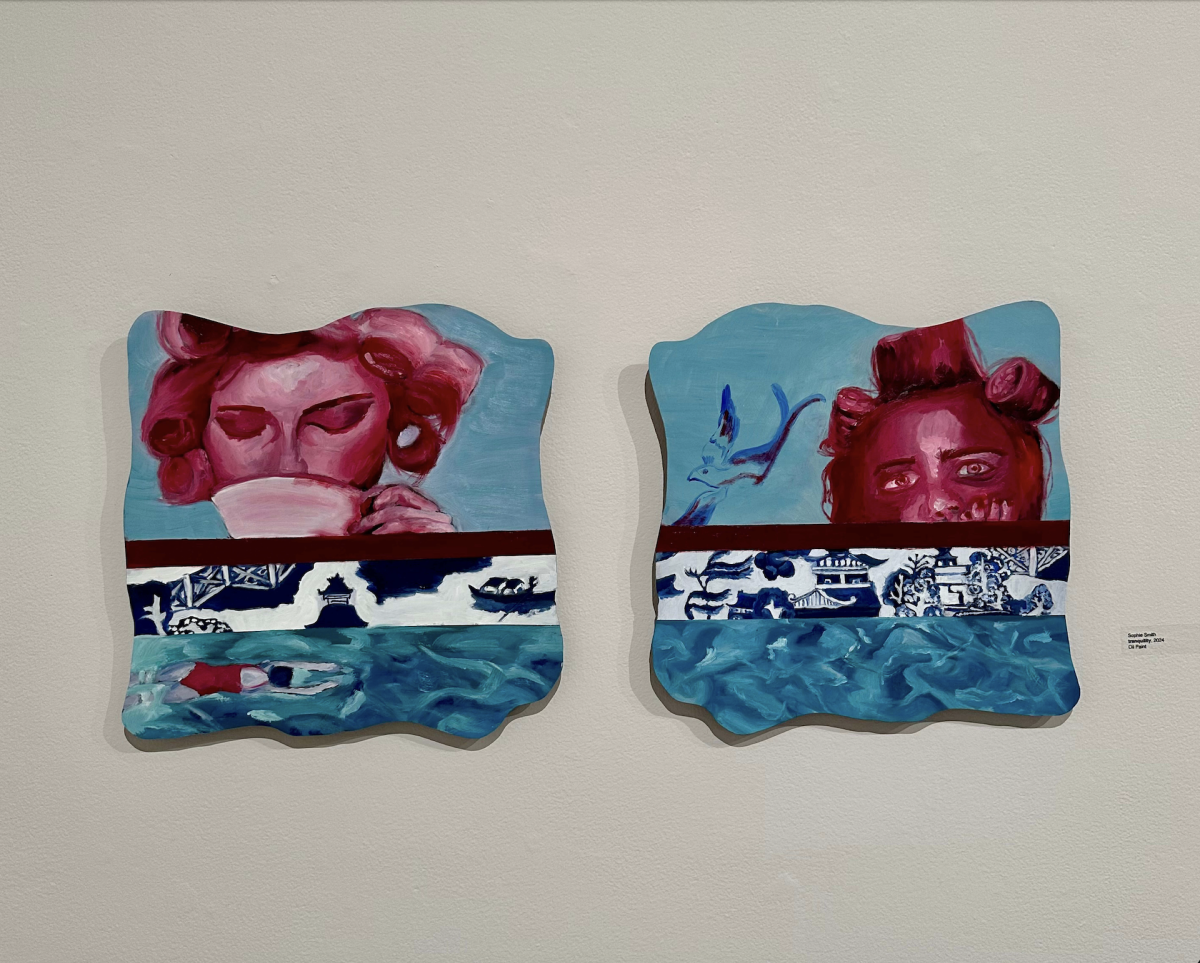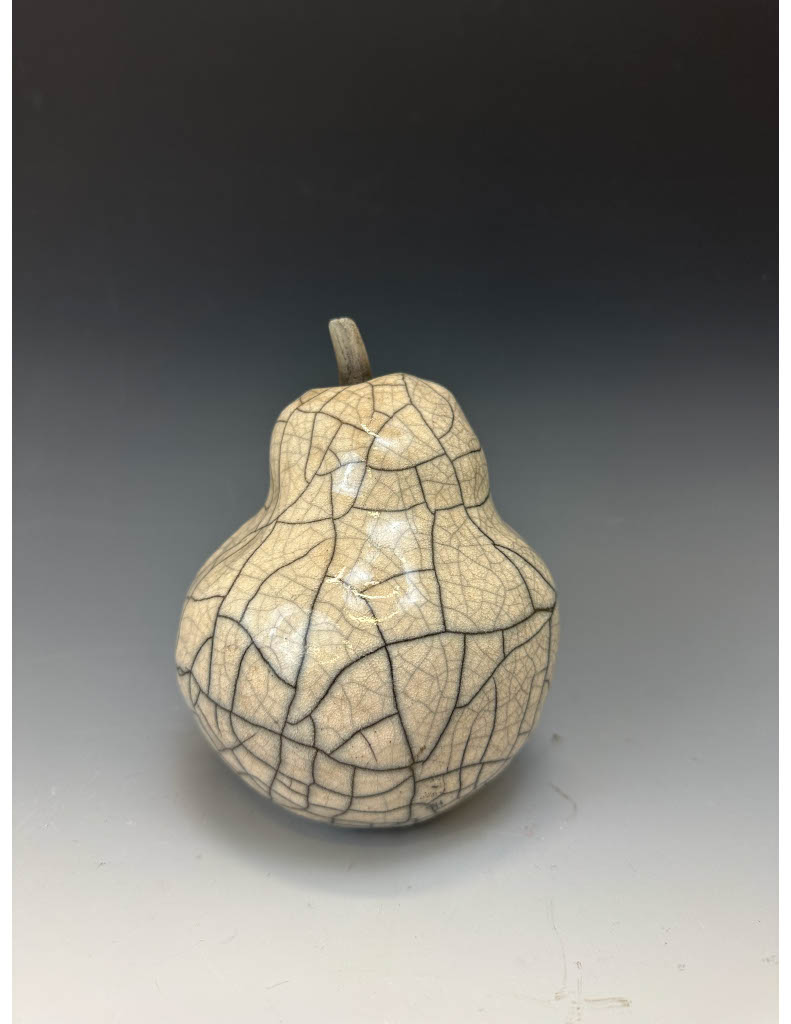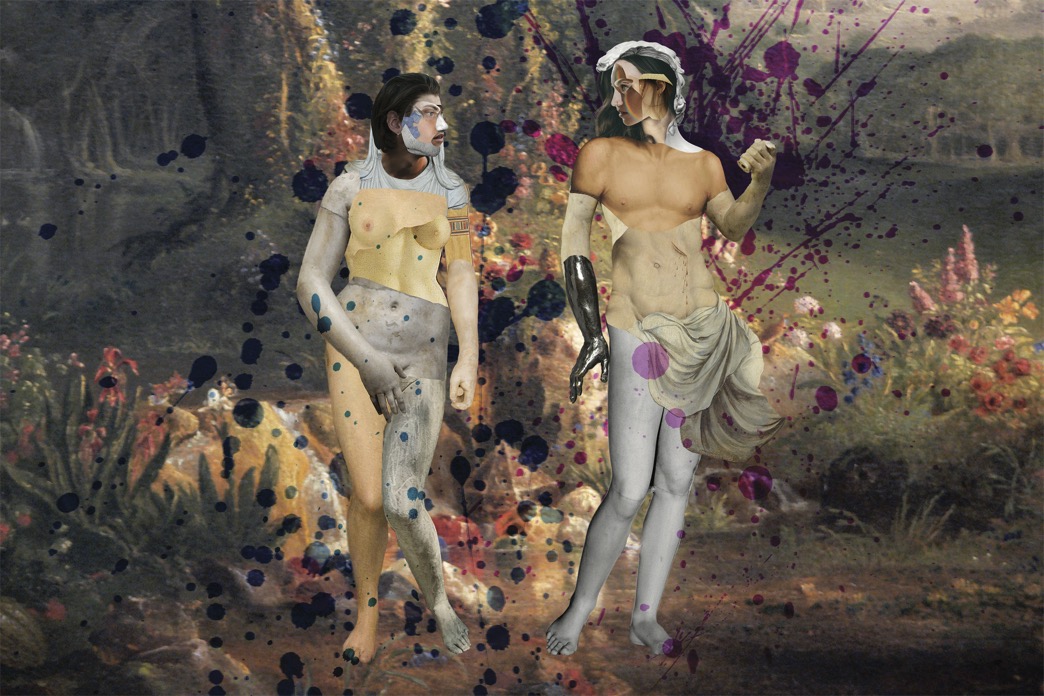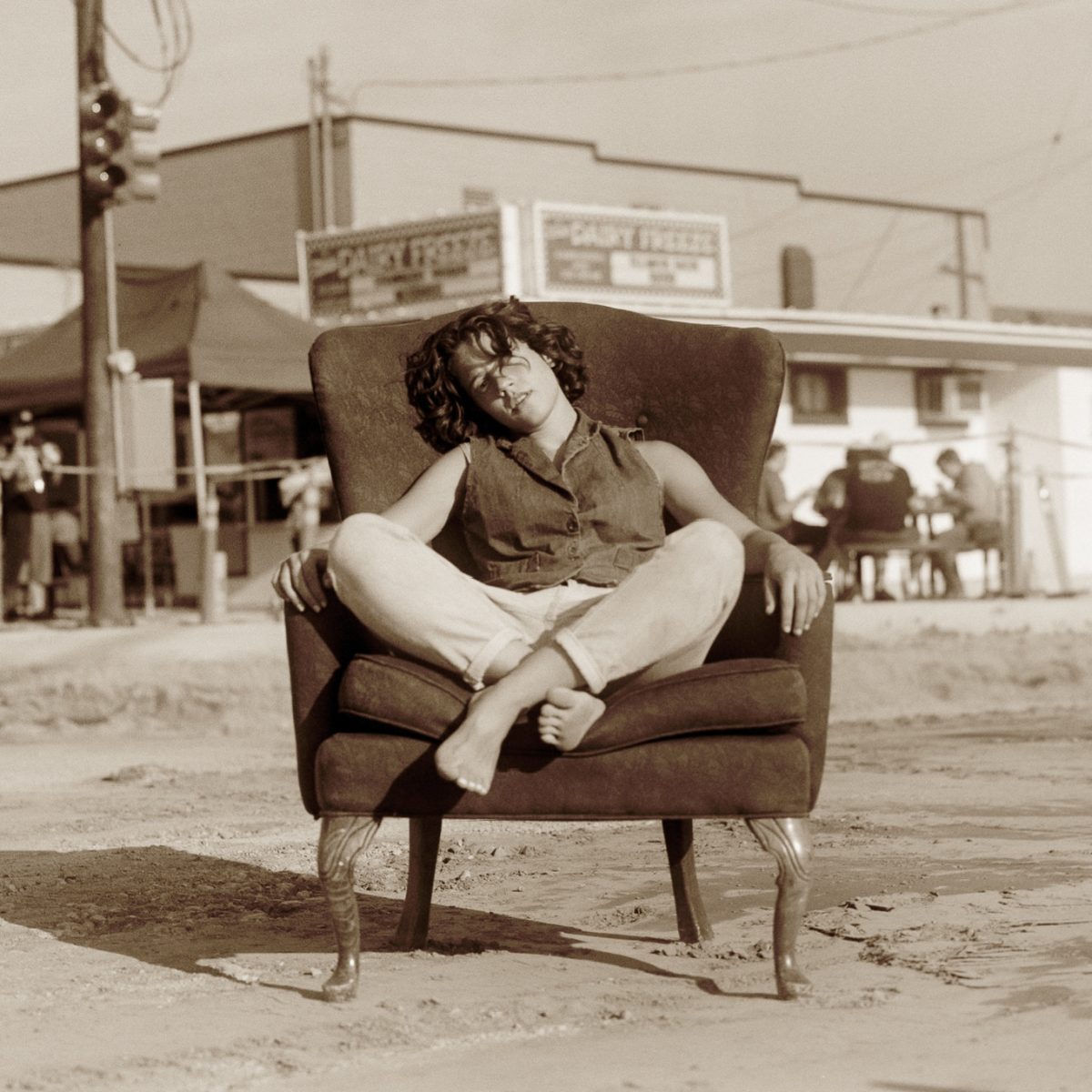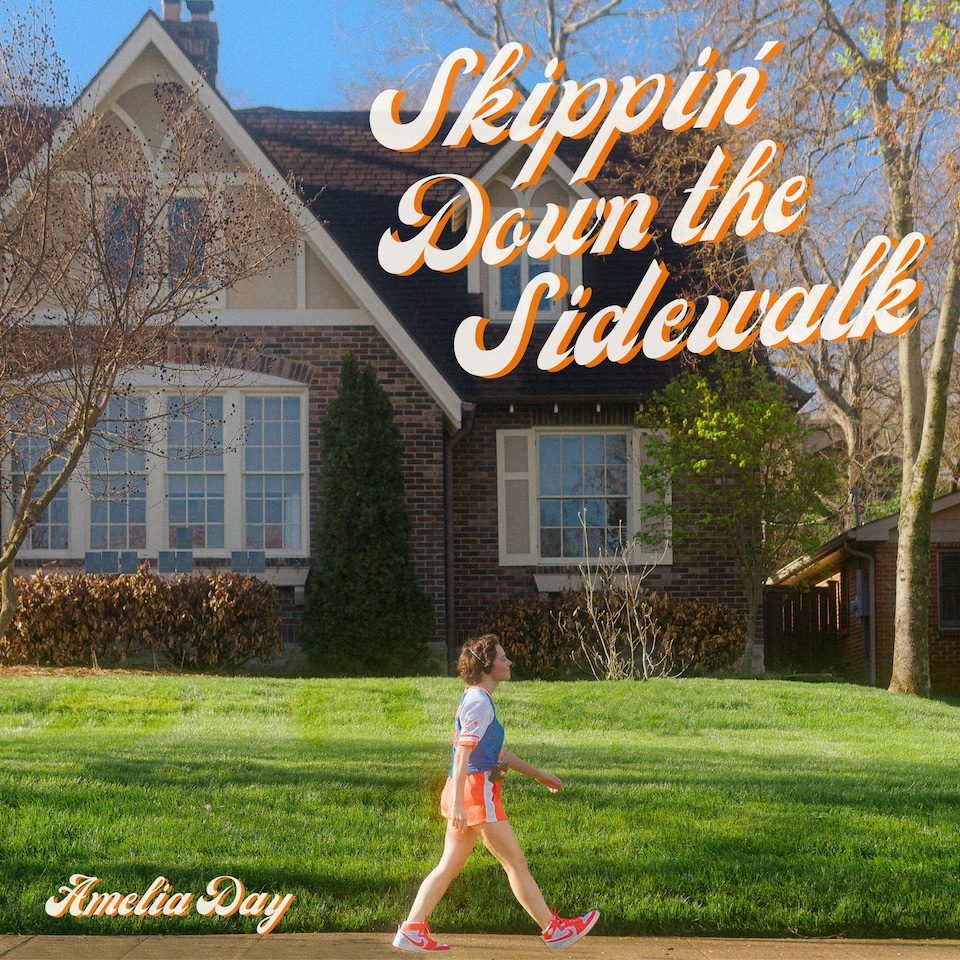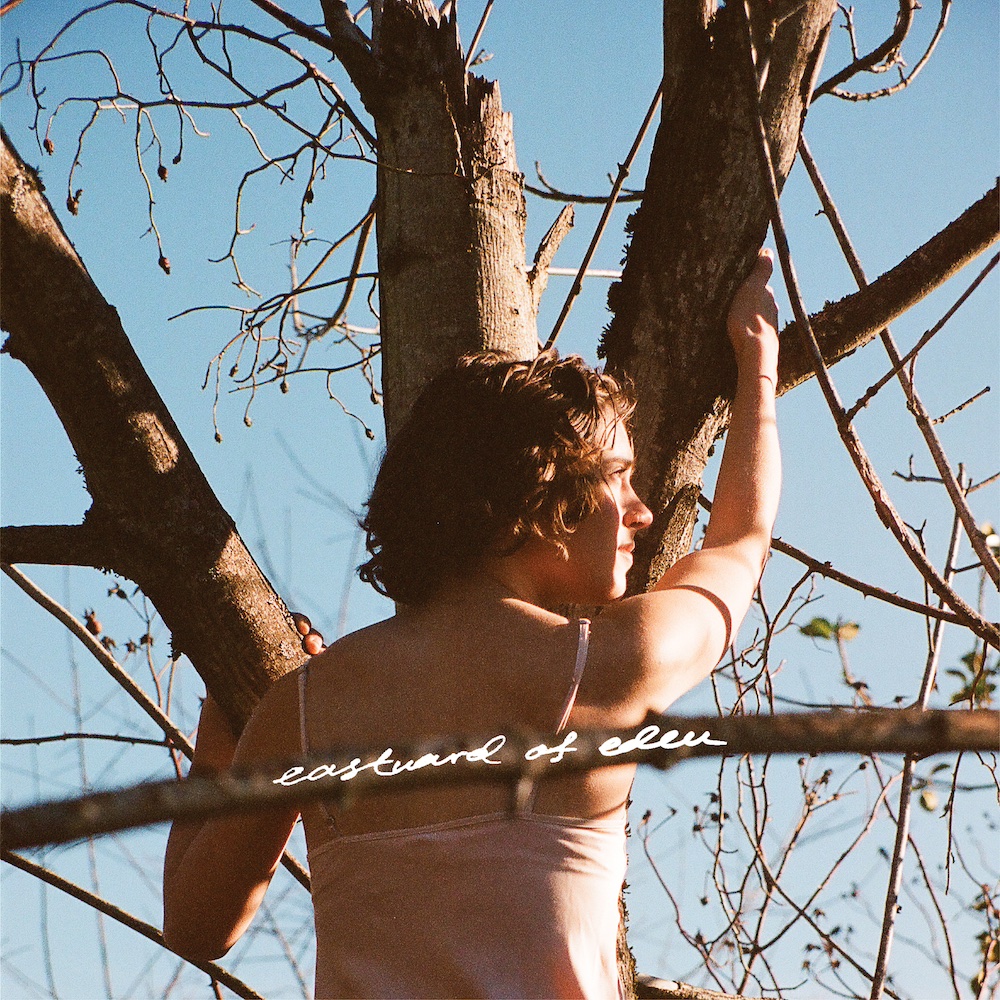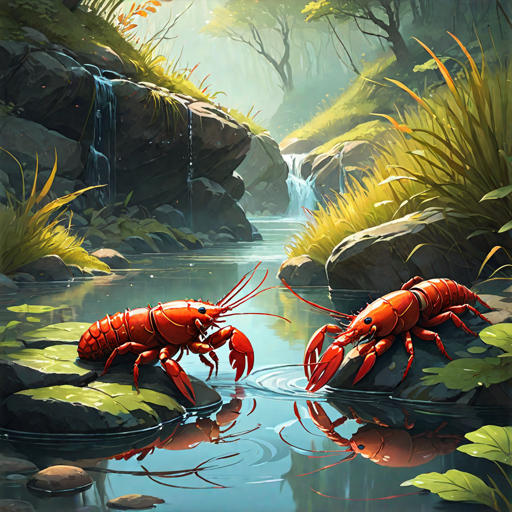When the air begins to crisp and shudder golden, I return to our creek days, bickering after school with the Mayfield boys’ mama about how late in the year we could go down there without catching a cold or pneumonia. None of us believed in pneumonia much more than the tooth fairy until Brady caught it that year we went in late October. After that, the argument couldn’t be finished the easy way: our boney strides carrying us out their screen porch, old wood door screeching and swinging, making an awful racket with Mrs. Mayfield shouting after us. She had never before chased us past the orange, iron gate marking the end of their backyard until Brady and that damn death cough.
Before though, those late autumn afternoons were ours for the snatching. The honeyed sky hung above us, and the sun retreated increasingly early, so our hours were cropped more precious. Big gusts of wind urged at our backs as we sprinted down the hill into the woods. Sometimes I’d close my eyes, almost mistaking it for a wave gathering and washing over us. A sonic baptism. Sometimes even when we got to the bank, stripping shoes and socks, I’d close my eyes, listening to that rustling, the leaves’ terror as they clung for dear life to their giantess of a mama. This was suspense like the TV specials we settled for on rainy days. Would they make it? Could they hold on?
They never could. Not for long anyways, but there was always solace in their big exit. If the leaves had to go out, why not with a fresh yellow coat of paint, a blushing rogue, the blazing orange of the setting sun? Why not stick out bright tongues at the needles of the scattered coniferous trees, those petty immortals? Why not make them jealous that they’d only ever be one color their whole long lives? Why not make them hate the now-derisive name evergreen? That’s how we lived our lives then, taunting and flagrant and neon. We didn’t have the biggest houses or the best grades or the straightest teeth, but we had that creek.
There were rarely birds or frogs or crickets like in spring or summer, so the later we went, the more it felt like it was just us out there. Like it was not only our stage, our church, but our dominion. Like we were gods or kings with our rolled-up pant legs and running noses.
The water coursed steady like dozens of needles threading dozens of strings through our indifferent toes and ankles, ensuring that for the rest of time, the five of us would be in some way tangled.
“What will it be today?” I asked once when our time was too narrow to waste any of it standing around, shaking hands resting on our sharp hips. I looked to Carter. We all only ever looked to Carter.
“Crayfish,” he said. Only he said crawfish instead. He said crick rather than creek, but Helen and I didn’t tease him about it the way we did Adam and Brady.
Helen shook her head, “I don’t wanna,” she whined, still new to our creek ways. “Crayfish bite, don’t they?”
“No, Hel, they pinch,” I corrected, chasing her through the water with threatening thumbs and index fingers. Sloshing to get away, she squealed and bunched up that long skirt I told her not to wear when we had hurried to get dressed back home.
“That’s enough, June,” Carter scolded. “We’d better get serious.”
Crayfish hunting always was that, serious business.
So we set to work finding a bend in the creek or some place the water slowed. It couldn’t be still, mind you, but too turbulent and the little beasties had trouble holding on. The crayfish hid under rocks, usually, big flat ones, ones Brady and Helen weren’t nearly strong enough yet to flip. So here’s how it went:
We sent the two youngest out as scouts, scouring further upstream for the lucky kind of rocks. Then Carter’d come over to approve them, make sure the spot was good and the rock would be worth the effort. If he gave the thumbs up– his thumb always leaning strangely crooked to the left– then I’d flip it. Most times I was strong enough to lift the rock all on my own, but on occasion, Adam and I had to turn it over together. I took pride in being the toughest of our group aside from Carter, who I’d sometimes seen sporting a busted lip or dark-haloed eye. He was so tough he never even mentioned them.
After the rock crashed back into the stream, you had to wait, still and patient and quiet for the disturbed sand to settle, eroded micah glistening in the clouded aftermath. As the murky water cleared, you had to be quick. It was a contest then, who could find the fleeing creature quickest, who would dare plunge their hand under and secure its hardened back between their fingers. I was at extreme disadvantage having to be the one to turn the rock, but sometimes I was quick enough.
Often I wasn’t.
“Got it!” Brady shouted, holding it above his head in victory. It was his first, so Carter placed a proud hand on his back, so heavy and forceful the kid nearly dropped his trophy. We all crept closer.
It was sort of a wimpy crayfish, just as much a child as Brady was. All those years watching and waiting for his turn, though, he knew how to hold it: by the back so it was always arching, struggling, reaching its small claws back to attack its captor. But there was something different in the way Brady held it. There was a certain care to it, a certain protection.
I elbowed Adam and whispered, “He’s sort of holding it like a doll, isn’t he?” He only laughed and shook his head. It was Brady’s day, and we’d let him have it.
“I have an idea,” Carter said, going to turn over another rock himself. I couldn’t remember the last time I saw Carter do any of the grunt work himself. “Helen, go find some rocks and line them up in a circle.”
Helen opened her mouth to protest, but even she saw the allure then of being a part of our gang, of being useful to us, so she nodded diligent as a soldier and set off.
“We gotta find another,” Carter said. “Brady hold onto that.”
Brady didn’t respond but looked affectionately at the creature between his hands as if he’d never planned on letting it go anyways.
It didn’t take long for Adam and me to find a rock I could lift on my own, and the extraction was quick.
“Great,” Carter said with an approving nod that made both our egos swell. Our catch was a much more impressive specimen. “How’s the ring coming, Hel?”
“It’s done!” she cried, skirt dragging in the water. She looked too proud for me to chide her, but Mama would skin us both for the mess later. Me in particular for letting her do it, being the older sister and all.
“Brady, June,” Carter ordered, “bring them over.”
He found himself a stick and handed the other to Adam. As we prodded through the bitter water, those fibers strung between us were tightening and knotting. We huddled around Helen’s constructed stone circle, all breathing hard. A thick cloud began to fill the space between us. The light was going fast.
“What now?” I asked, though we all knew what now without Carter having to say it.
I placed the first contender in the center.
“But–” Brady started, his fat eyes pleading, wetter than even the edges of our clothes.
“Just get on with it,” Carter said, nudging his brother with the stick. Brady’s eyes flashed to mine briefly, but I quickly settled them on my crayfish. Its claws wavered slightly but remained raised. I imagined it was putting up a guard.
“Don’t,” Helen shouted, moving her hand in front of Brady’s though he hadn’t moved at all to set it down, not yet convinced of Carter’s plan either.
“They want to fight,” Carter said with a shrug. “It’ll be fun for them too. Promise.”
“What do you know?” Brady demanded, standing up and taking a step back from the rock ring. “I’m going to let Tommy go.”
“Tommy?” Adam asked skeptically. I looked at him, fingers ringing around his wrist. I took a breath. Adam didn’t know where he stood either. This was a relief.
“That’s his name,” Brady pleaded.
Carter exhaled, exasperated, and pinched the bridge of his bruised nose between his jagged fingers. Watching him close, I realized the shadows of his knuckles were only illuminated by the dying sunlight, not created by it.
“Survival of the fittest,” he quoted. It must have been the kind of thing they taught you in middle school because none of us had the faintest idea what he was going on about. “That does not have a name, doesn’t have any want other than to live, and only the strongest get to live. That’s how nature works. Think of all the future crawfish. Don’t you want them to have good genes? If we coddle this one, its offspring will be weak too. We have to test it. See if it’s strong enough to deserve to live and reproduce. Today we’ll play nature.”
Carter always spoke in such a way that disagreeing with him would make you look like a conspiracy theorist spouting lies about the government, like a mad scientist or cult leader trying to spread some brainwashing lie. He was the oldest which was then synonymous then with the rightest. Brady and Helen would come around, we all knew. It was only a matter of when.
“They want to fight,” Adam started to coax with him. I could see by the twitching starting at the edge of his lip he was starting to get impatient. This had gone on too long for nothing to happen. “It’s only natural.”
“Yeah,” I said, but that was all.
Helen raised an eyebrow. I crossed my arms. You begged me to bring you here, I reminded her silently. She turned to Brady.
“Maybe they’re right,” she conceded, her voice soft as when she tried to play victim to our parents, sweet as when she wanted to ask for something. “It might be fun.”
Brady frowned at Tommy, gave it a small pat on the head with one of his fingers. It had stopped struggling and trying to pinch him since the argument had started. Like the little beast knew what it was up against and that it needed an ally.
No, I reminded myself, and Brady probably did too the way he was looking at it. It doesn’t know. It’s only a crayfish.
“Fine,” he grumbled as he sulked back over. Among his mutterings were several apologies to Tommy. I did what I could, he said. You have to fight for yourself now. I believe in you.
No one else did. The poor thing didn’t stand a chance.
Brady set him in the center of the ring. We all held our breaths. But nothing happened.
That was what the sticks were for.
Carter jabbed at the larger crayfish. His urging eyes caught Adam’s, telling him to do the same with the smaller one. Adam looked once more to Brady but complied just the same. The crayfish were shoved together, claws horrifically tangled.
“See?” Carter said.
But soon they straightened and were moving apart.
“They don’t want to fight!” Helen cried, triumphant, but the sticks were there to ensure the crayfish knew why they were there. The sticks, the cheering of the Romans in the Colosseum, relentless.
All those days we had spent studying crayfish, and Adam and Carter didn’t seem to understand that the beasts tended to walk backward. No matter how they were pushed together, they repelled.
So, it was a strange sort of fight. Turning and flailing claws between bouts. Untangling, the whole thing only a desperate attempt at untangling
“They don’t want to fight,” I found myself saying quietly,
But Carter and Adam mercilessly forced the fighters together. They were turned by the twigs onto their hard backs and forced upright only to find themselves once again in incidental combat. It was ugly and frustrating and not in any way entertainment, so I found myself watching Carter instead. I watched his twisted face redden. I watched the veins bulge from his temple, the even collected mask of his leadership slip with every flake of spittle launched by a jeer. But when I saw his dark eyes quiver, soften to reflect the last glow passing through the swaying trees, I squeezed my eyes shut and listened to leaves flap and flutter like they were trying to take flight on their own.

